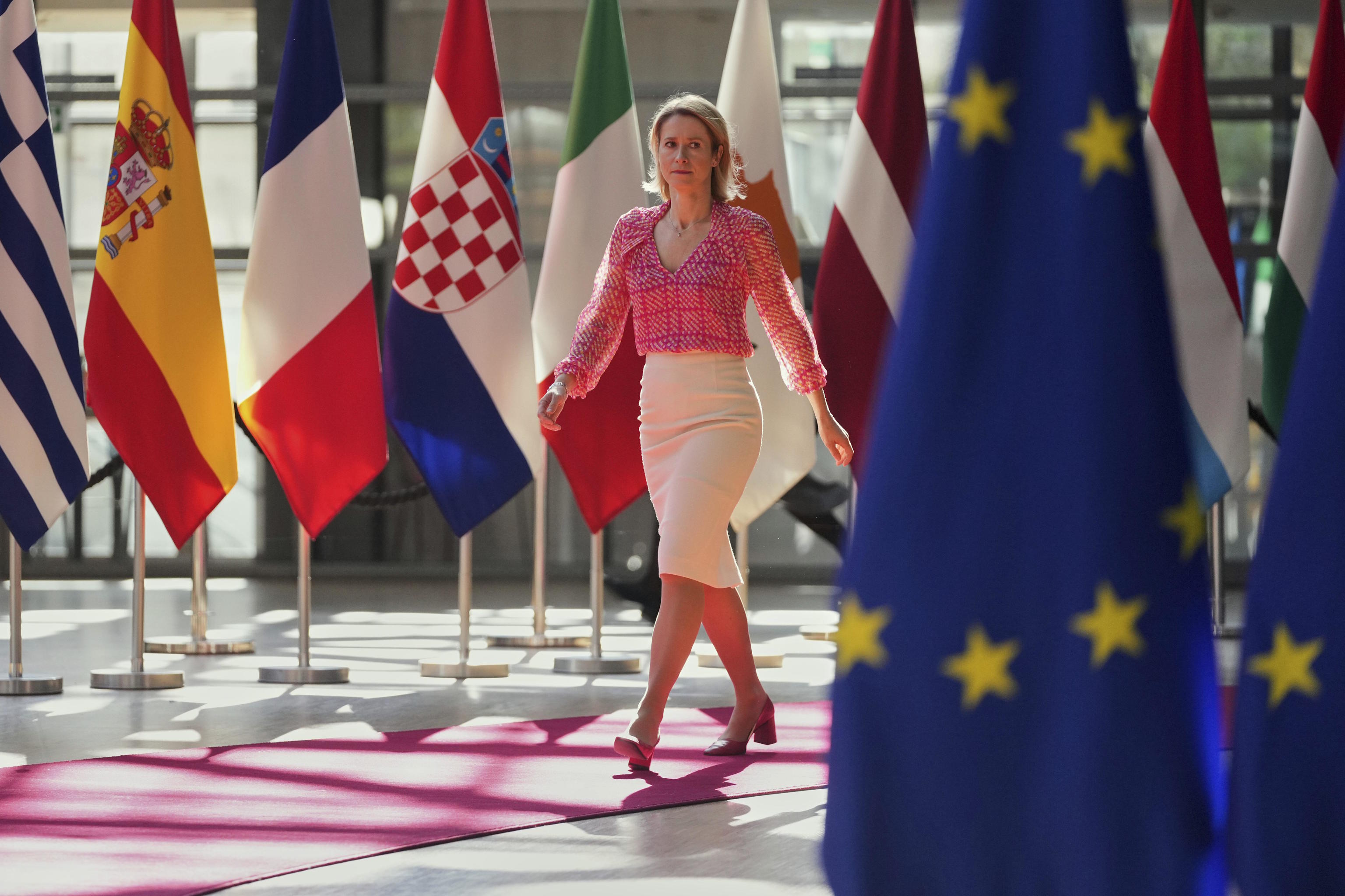The European Union has taken a significant step to pressure Israel, stop the "catastrophic situation" in Gaza, and "save lives, which is the priority." The EU's foreign policy chief, Kaja Kallas, announced on Tuesday that, following the demands of a "broad majority" of countries at the meeting of Foreign Ministers, Brussels will review the Association Agreement with Israel, specifically Article 2 which refers to respect for human rights.
This "broad majority," as confirmed by diplomatic sources, consists of 17 countries, including Spain. The government of Pedro Sánchez has been one of the leaders in pressuring for this review, along with Ireland, since last year. However, it was not until the situation escalated and, very importantly, until the Netherlands initiated another front of pressure that most countries shifted their stance.
France has joined this second request, whose relevance is evident, as well as some Nordic countries and also Poland, which is gaining increasing influence in the EU. The language and demands of the Dutch letter are somewhat more limited than those of Spain and Ireland, a factor that may have helped sway some previously hesitant countries.
The progress, in any case, is substantial. It does not guarantee anything, as the EU must now "review" the situation and then decide on possible measures. But it is undeniable that something has changed in Brussels. So much so that diplomatic sources indicate that the Swedish government may have called for direct sanctions against the Israeli government. The meeting also reportedly discussed taking action against Israeli settlers, a point that Hungary reportedly vetoed.
"We will launch this exercise and, in the meantime, it is up to Israel to unblock humanitarian aid," emphasized Kallas, who highlighted in the press conference after the Foreign Ministers' meeting that "it is clear that there is a large majority in favor of reviewing Article 2 of our association agreement with Israel."
Many voices in Brussels had been expecting more firmness and decisiveness from Kallas herself, while noting that her predecessor in the role, Josep Borrell, had always been much more active and confrontational towards Israel. To understand the situation in Brussels, one must also consider the balances of the President of the European Commission, Ursula von der Leyen, the equally complex position of Germany, as well as the very close relationship with Israel of other nations such as Greece.
In the case of Spain, sources from the Ministry of Foreign Affairs have indicated that Minister Albares "has urged the EU to go beyond words and take action, which could include suspending the agreement or imposing sanctions." This is something that had already been raised before the Foreign Affairs Council, and according to the government, "a majority of ministers have shown support for the evaluation proposed by Spain."
However, it is noteworthy that after being a priority for Albares for many months, the minister has chosen not to publicly comment on the step announced by Kallas. This raises two possibilities: that the Netherlands has taken the lead on this issue from Spain, or that the measures are not sufficient for the Spanish government. Or even a third possibility: a combination of the other two.
